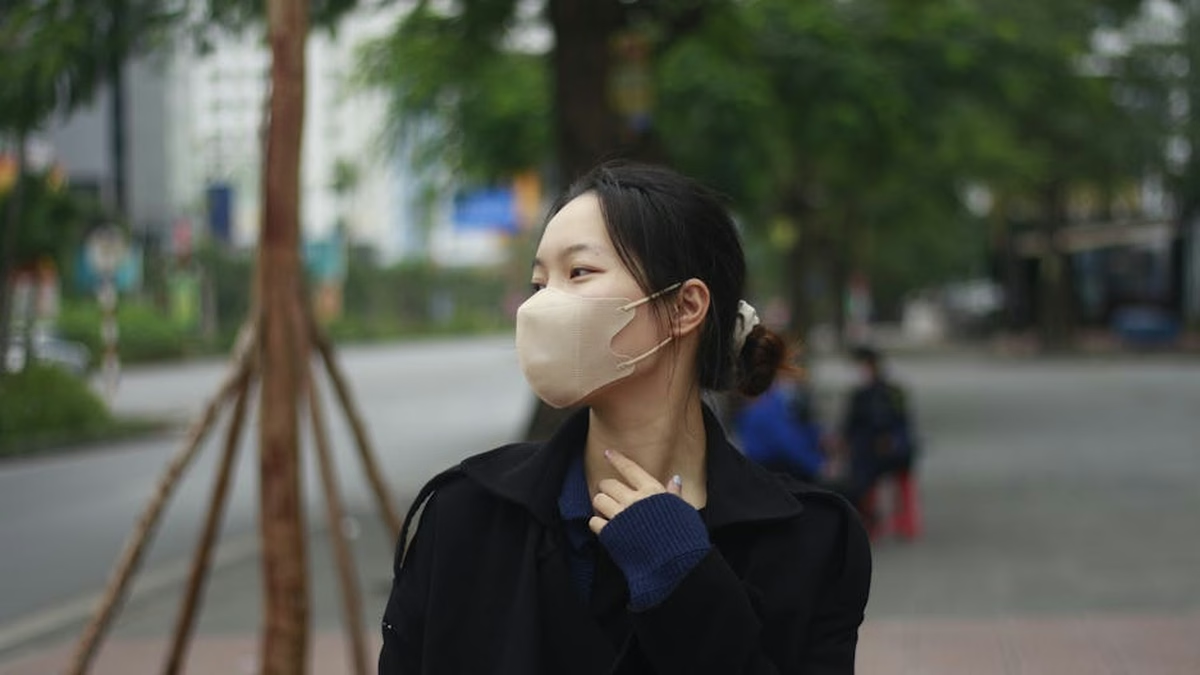Ever wondered why your skin doesn’t look as radiant as it used to, even with a diligent skincare routine? While genetics and lifestyle play a role, there’s a silent aggressor constantly attacking your complexion: pollution. It’s not just about smoggy cities; even seemingly clean environments harbor microscopic particles that can wreak havoc on your skin’s health and accelerate the aging process. The truth is, the air we breathe is becoming increasingly contaminated, and our skin, our largest organ, is bearing the brunt of it. But don’t despair! Understanding the problem is the first step towards protecting yourself.
Understanding How Pollution Ages Your Skin
Pollution’s impact on our skin is multifaceted and surprisingly complex. It goes beyond just surface-level dirt and grime. Think of your skin as a delicate shield constantly bombarded by invisible enemies.
The Free Radical Frenzy
One of the primary ways pollution damages your skin is through the creation of free radicals. These unstable molecules attack healthy skin cells, damaging their DNA, collagen, and elastin. This leads to:
- Premature wrinkles and fine lines: Collagen and elastin, the proteins responsible for skin’s firmness and elasticity, are broken down, causing sagging and wrinkles.
- Age spots and hyperpigmentation: Free radicals stimulate melanin production, leading to uneven skin tone and dark spots.
- Dullness and loss of radiance: Damaged cells struggle to function optimally, resulting in a lackluster complexion.
Inflammation Station
Pollution triggers an inflammatory response in the skin. This chronic inflammation contributes to:
- Breakouts and acne: Inflammation disrupts the skin’s natural barrier, making it more susceptible to bacteria and breakouts.
- Sensitivity and irritation: Redness, itching, and dryness become more common as the skin’s protective barrier is weakened.
- Eczema and psoriasis flare-ups: Existing skin conditions can be exacerbated by pollution-induced inflammation.
Weakening the Skin Barrier
Our skin’s barrier is its first line of defense against environmental aggressors. Pollution weakens this barrier, making it more permeable and vulnerable to damage. This leads to:
Also Read: Morning Face Routine That Actually Improves Skin Glow
- Dehydration: Water evaporates more easily from the skin, leading to dryness and a tight feeling.
- Increased sensitivity: Irritants and allergens penetrate the skin more easily, triggering reactions.
- Compromised healing: The skin’s ability to repair itself is impaired, slowing down the healing of wounds and blemishes.
Building Your Anti-Pollution Skincare Arsenal
The good news is, you can fight back against the aging effects of pollution! A targeted skincare routine can help protect and repair your skin.
Cleansing: The Foundation of Defense
Thorough cleansing is crucial. Use a gentle, sulfate-free cleanser to remove pollution particles, dirt, and grime without stripping your skin’s natural oils. Consider a double cleanse, starting with an oil-based cleanser to dissolve pollutants and following with a water-based cleanser to remove any residue. Think of it as giving your skin a fresh start every day.
Antioxidants: Your Skin’s Bodyguards
Antioxidants are your best weapon against free radicals. Incorporate serums and creams containing antioxidants like:
- Vitamin C: Brightens skin, protects against free radical damage, and boosts collagen production.
- Vitamin E: Moisturizes, soothes inflammation, and protects against UV damage.
- Ferulic acid: Enhances the effectiveness of vitamin C and E.
- Green tea extract: Provides antioxidant and anti-inflammatory benefits.
- Resveratrol: Protects against environmental damage and promotes skin repair.
Sunscreen: The Ultimate Shield
Sunscreen is non-negotiable, especially in polluted environments. Pollution can increase the damaging effects of UV radiation. Choose a broad-spectrum sunscreen with an SPF of 30 or higher and apply it liberally every day, even on cloudy days. Reapply every two hours, especially if you’re spending time outdoors. Mineral sunscreens containing zinc oxide or titanium dioxide are often a good choice for sensitive skin.
Hydration: Keeping the Barrier Strong
Hydrated skin is resilient skin. Use a moisturizer that contains humectants (like hyaluronic acid) to draw moisture into the skin and emollients (like ceramides) to lock it in. This will help strengthen your skin barrier and protect it from environmental damage. Consider using a humidifier, especially during dry seasons, to add moisture to the air.
Exfoliation: Shedding the Old, Revealing the New
Regular exfoliation helps remove dead skin cells and allows your skincare products to penetrate more effectively. Choose a gentle exfoliant, such as a chemical exfoliant (like AHAs or BHAs) or a mild physical exfoliant (like a gentle scrub), and use it 1-2 times per week. Avoid over-exfoliating, as this can irritate the skin.
Beyond Skincare: Lifestyle Changes for Skin Health
Skincare is important, but it’s just one piece of the puzzle. Lifestyle choices can also significantly impact your skin’s health and resilience to pollution.
- Diet: Eat a balanced diet rich in fruits, vegetables, and antioxidants to nourish your skin from the inside out.
- Hydration: Drink plenty of water to keep your skin hydrated and healthy.
- Exercise: Regular exercise improves circulation and helps detoxify the body.
- Sleep: Get enough sleep to allow your skin to repair and regenerate.
- Air purifiers: Use an air purifier in your home to reduce indoor air pollution.
Taking care of your skin in a polluted world requires a proactive and holistic approach. It’s about understanding the threats and arming yourself with the right tools and habits. It’s about valuing your skin as the vital, protective organ it is. By incorporating these strategies into your daily routine, you can protect your skin from the aging effects of pollution and maintain a healthy, radiant complexion for years to come. The fight against pollution’s impact on your skin is a marathon, not a sprint. Be patient, be consistent, and remember that every little effort counts.






1 thought on “The Hidden Way Pollution Ages Your Skin (and How to Fight Back)”
Comments are closed.